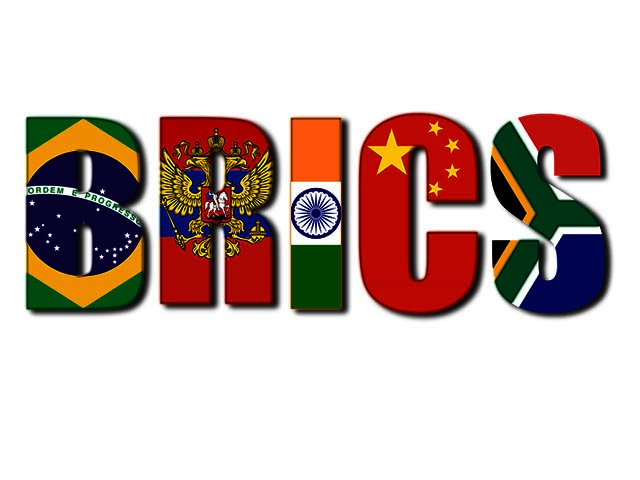Though renewable energy solutions have become less costly than coal, electricity generation in developing countries like South Africa remains coal-based. This was one of the critical talking points which arose during the panel on Energy Research at the 10thBRICS Academic Forum in Sandton last week.
The question around coal-production costs comes at a particularly poignant time for South Africa - Eskom continues to make the headlines, requesting tariff hikes as it battles issues of debt and poor cost management.
The primary challenge in implementing renewable energy solutions, as Forum delegates pointed out, is the leveraging of finances to implement green energy solutions.
“In order to limit temperature increases to two degrees Celsius, additional investment of between $780 billion and $2.3 trillion will be required by 2035,” said Jaya Josie from the South African delegation.
Climate projects offer great returns
The solution to this challenge lies with private capital, argued Aparajit Pandey from the Indian delegation. He pointed out that currently there are $100 trillion of assets under management, available across the world. “With institutional investors seeing returns between 0.15% and 3.45%, returns have stagnated over the past decade. What’s more pension funds are facing a potential shortfall of $28 trillion,” he said.
On the other hand, global returns on solar and wind projects are 10.3% and 17.5% respectively, Pandey noted, making the point that this dynamic presents a solution to both the shortfall in finance flows for climate action projects in the developing world, as well as the potential shortfall faced by institutional investors.
Banking regulations restrict energy projects
But, in order to begin implementing private capital solutions, there are hurdles which must be overcome. The problem, said Pandey, is that any project must be financed through a balance of debt and equity – with the debt usually provided by banks.
“But banks are subject to international regulations such as the Basel Norms which affect how banks lend money, and Basel III specifically actually makes lending for projects like renewable energy more difficult.”
The reason for this, he said, is that certain projects – including those in certain geographies, those that are long-term in nature and those that use special purpose vehicles (SPVs) – are considered by the Basel laws to be more risky.
Pandey believes that one way to circumvent these challenges is to incorporate climate risk into the equation, thereby disincentivising banks to invest in projects that aren’t green. Another option, he said, would be to formulate an alternative credit rating system.
Green bonds have a greater role to play
Finally, Pandey suggested green bonds as a potential solution.
Josie agreed, commenting that green bonds, which are tax-exempt and used to fund green projects, will play a key role in helping to fund climate projects.
“BRICS countries have already had considerable involvement in the green bond market,” he said. “In 2017, China’s total of green bond issuances was $37.1 billion, while Brazilian and Indian-labelled green bonds accounted for $3.67 billion and $3.2 billion respectively.”
In terms of next steps, Pandey believes BRICS countries need to use their collective influence to push for reforms by the Bank for International Settlements. “Alternatively, following in the steps of the New Development Bank and the Contingent Reserve Arrangement, an alternative system can be formed,” he commented.
A research platform could be on the cards
At the moment, however, BRICS-to-BRICS partnerships are not common when it comes to energy research. In fact, Liliana Proskuryakova from the Russian delegation, revealed that while 50% of the research publications in South Africa are carried out in co-operation with foreign countries, just 15.1% of publications are produced in co-operation with BRICS countries.
To further co-operation, the BRICS Think Tanks Council has recommended the establishment of a BRICS Energy Research Platform. “The purpose of the platform would be to provide key information for strategic planning of activities of governmental structures, local authorities and enterprises of the BRICS countries,” said Professor Ari Sitas, Chairperson of the South African BRICS Think Tank.
“It’s evident that BRICS needs to strengthen its role in reforming the international energy architecture, so we believe it’s time to create a new institution responsible for estimates and long-term forecasts that provide actual and quality information on key trends in the energy sector,” he commented.
This suggestion, along with a list of 19 other recommendations tabled during the Academic Forum, will be presented to BRICS leaders for their consideration.





